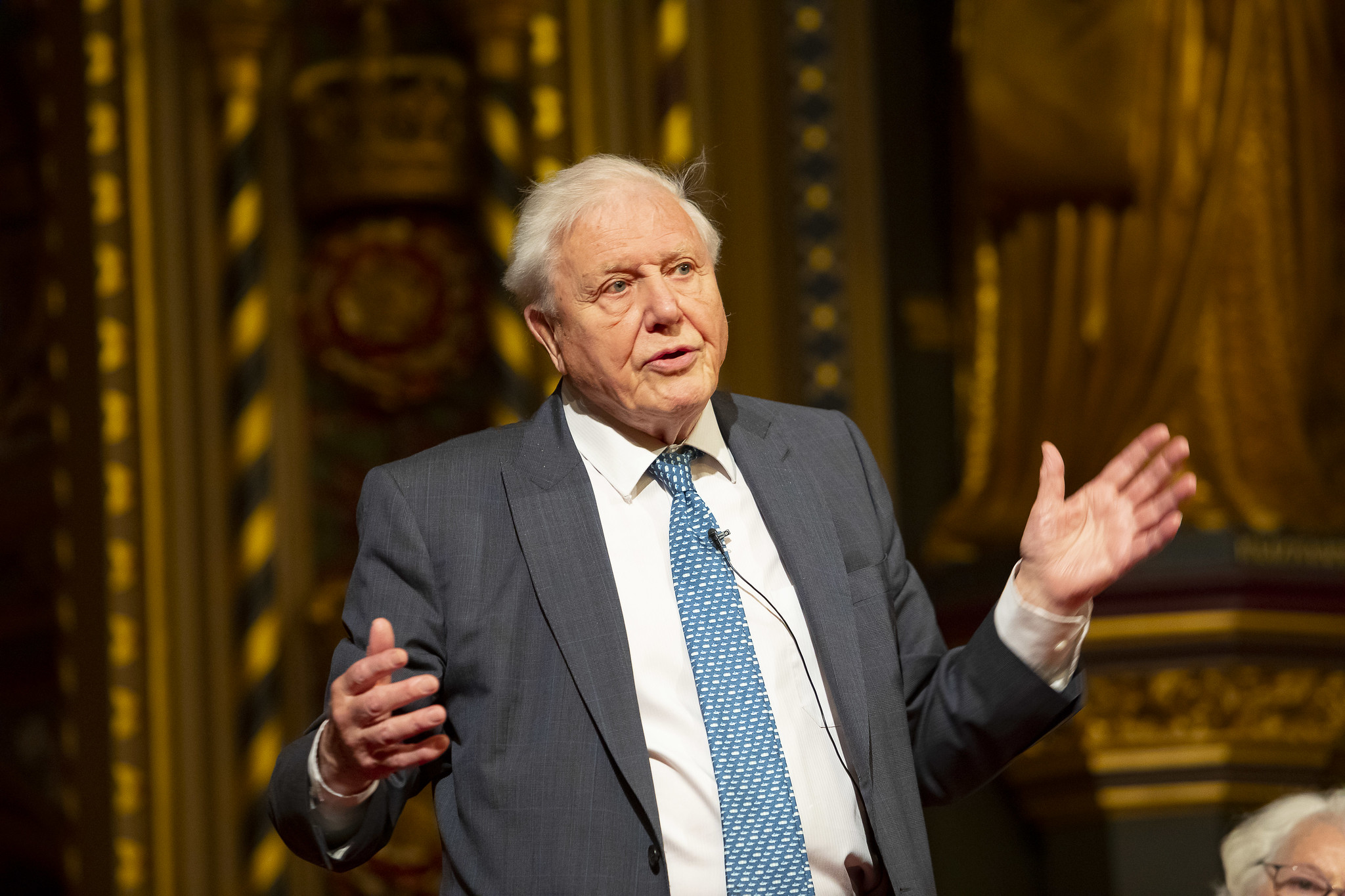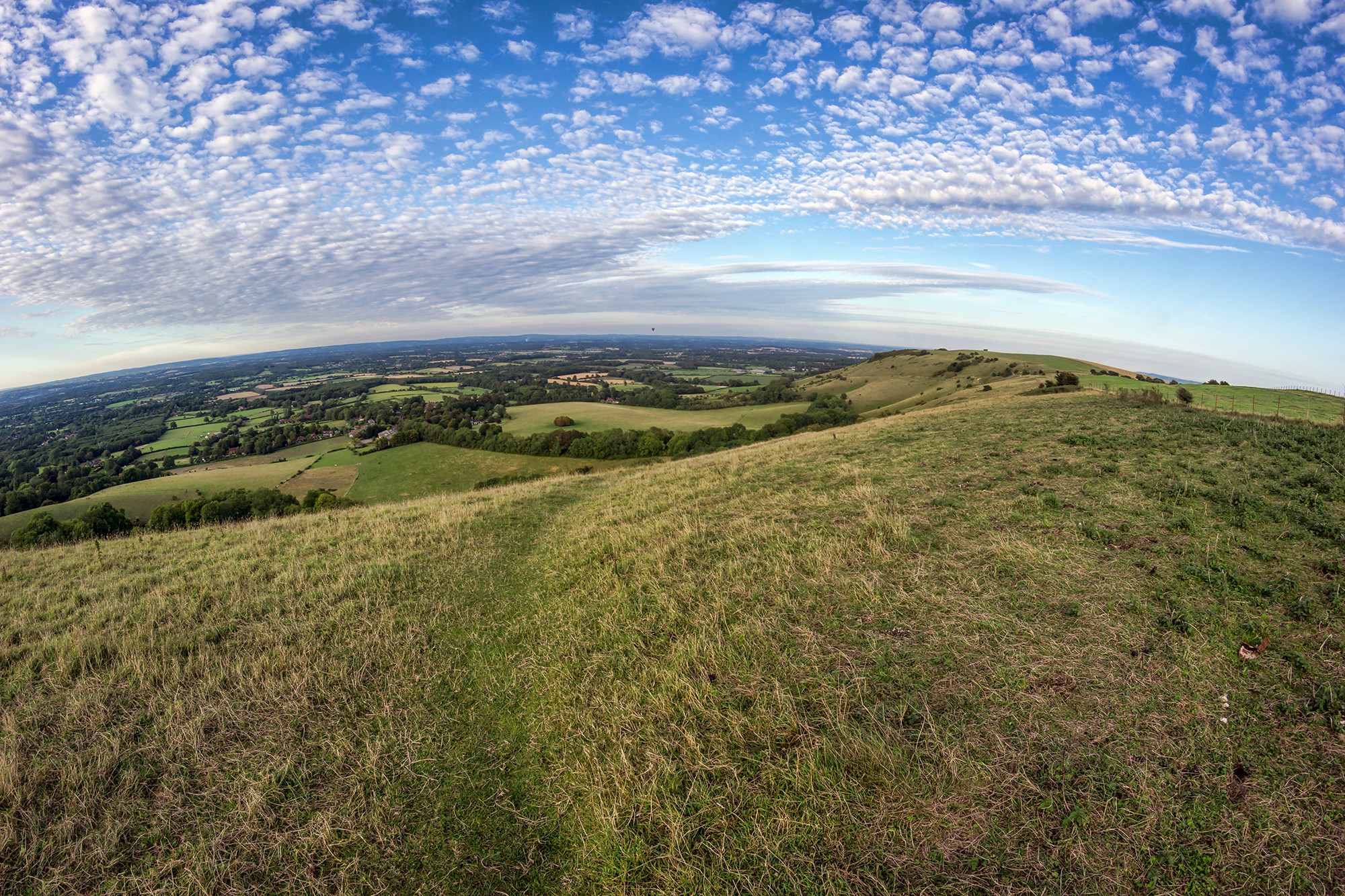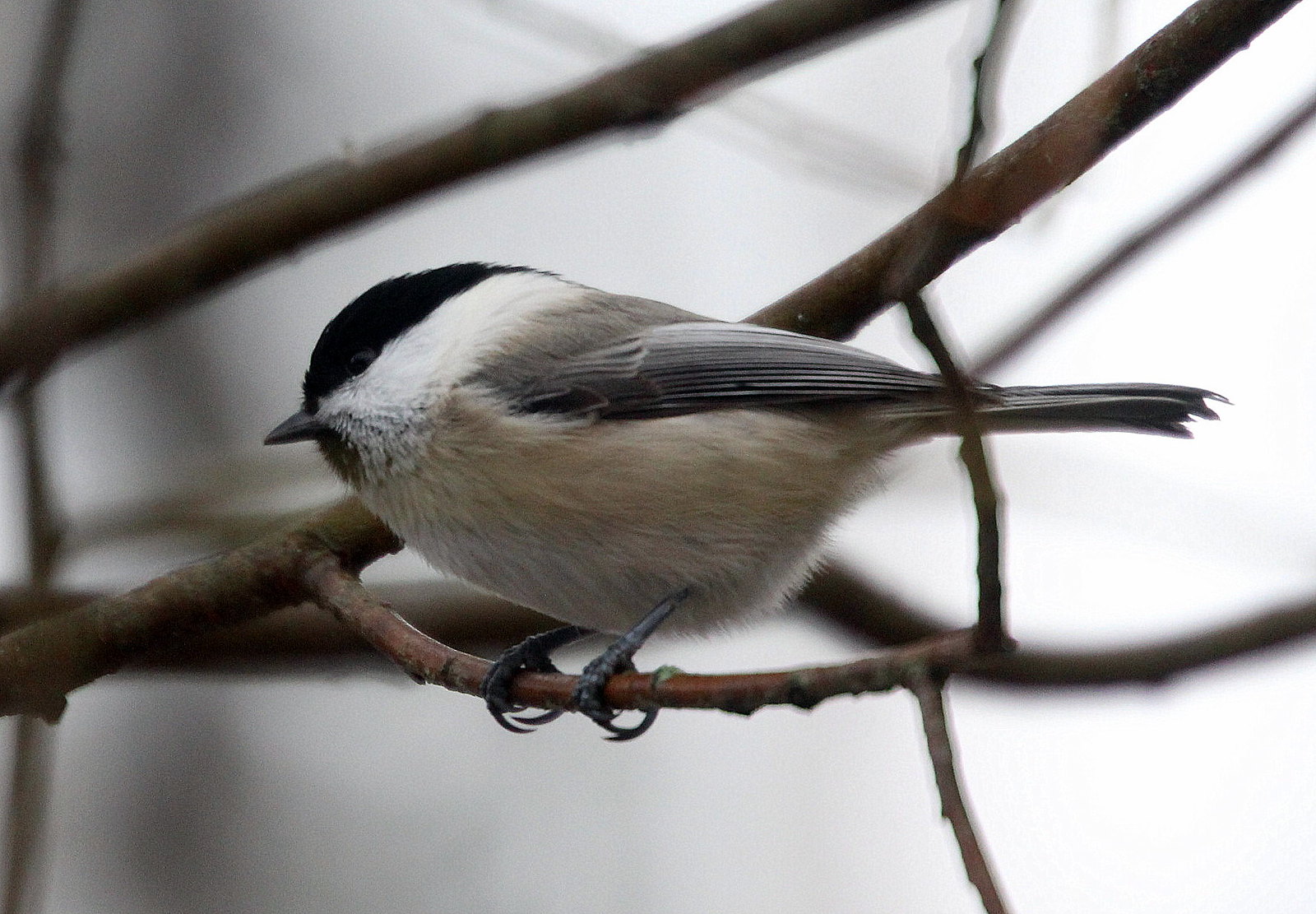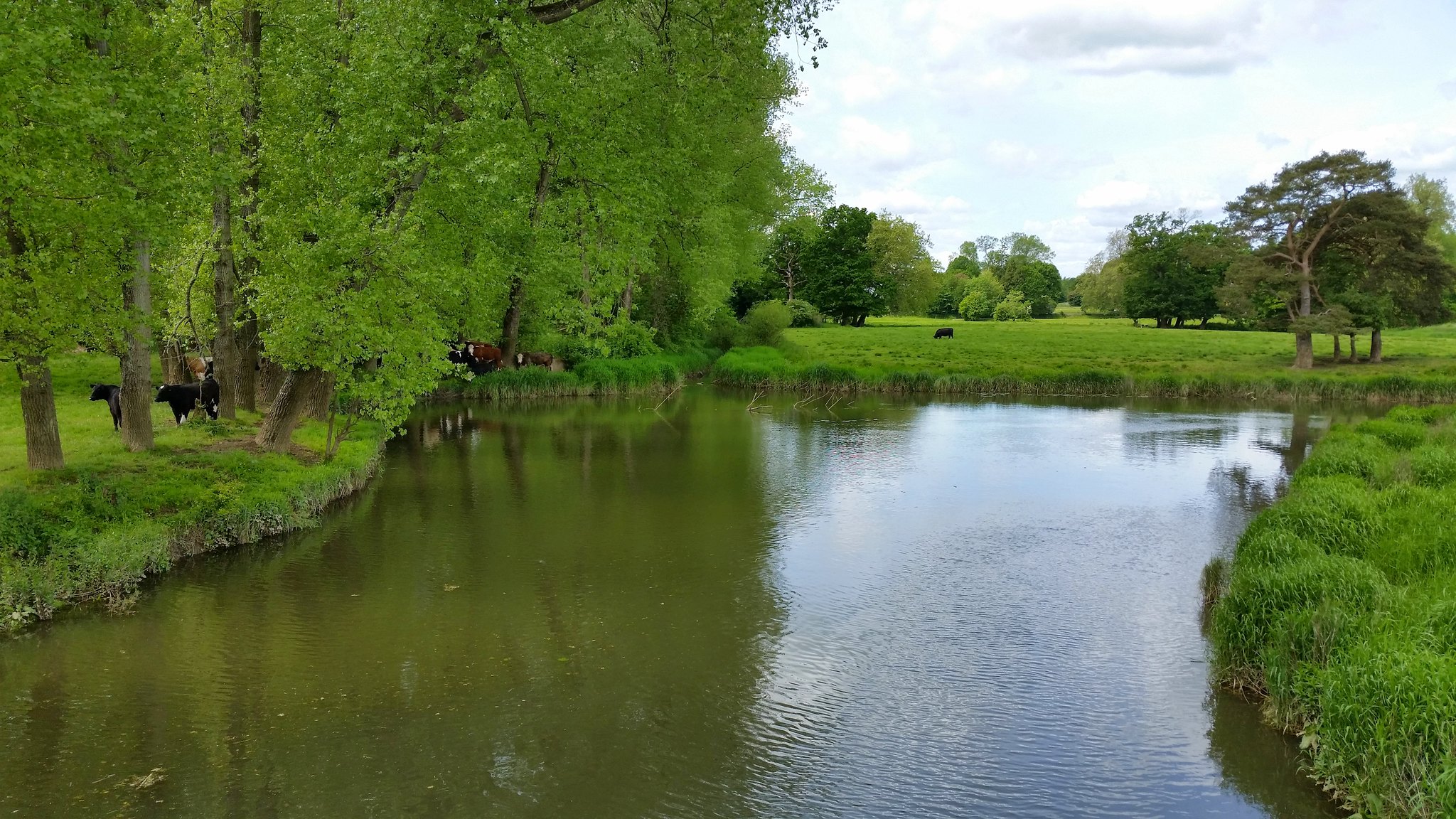The Radio Times, Daily Mail and The Sun report on Netflix’s A Life on Our Planet……
Sir David Attenborough’s new film should be considered mandatory viewing, says Patrick Cremona. If the documentary had consisted of nothing but a castigation of human destruction and a gloomy forecast for our future it would have fostered nothing but a sense of helplessness. Equally, if there was just optimism and reassurance on offer it would have inspired only complacency. It is the combination of these two factors which can truly act as a rallying call to the millions who will hopefully watch this powerful and poignant mission statement from a man who remains the best in the business.
 In his latest powerful and important film, which is getting a global cinema premiere on Monday before a Netflix release six days later, we finally see flashes of Attenborough’s anger. However, his principal emotion is sadness, verging on grief, as with the help of lots of damning statistics he details the many ways in which humankind has, during the span of his own lifetime, wrecked the biodiversity on which all living creatures rely. The planet has been forced to suffer fools, and not at all gladly.
In his latest powerful and important film, which is getting a global cinema premiere on Monday before a Netflix release six days later, we finally see flashes of Attenborough’s anger. However, his principal emotion is sadness, verging on grief, as with the help of lots of damning statistics he details the many ways in which humankind has, during the span of his own lifetime, wrecked the biodiversity on which all living creatures rely. The planet has been forced to suffer fools, and not at all gladly.
IF you’re expecting an hour and a half of sumptuous scenes of the natural world, with Sir David Attenborough’s rhythmic tones telling you about the mating call of a weird-looking bird, think again. This incredibly important documentary pulls no punches — and will have you reaching for a reusable cup or joining the Greta Thunberg fan club the moment the credits roll…Justifiably, the broadcaster’s lessons often make for uncomfortable viewing, especially when a teary Attenborough utters the words: “We have destroyed the world.” While never being preachy or political, there is perhaps a little too long until the words “ . . . But we can change this . . . ” are said, giving you a full hour of fear before 20 minutes of solution.
Sir David Attenborough photo by ukhouseoflords under creative commons.

 The
The  The
The  The
The  The
The